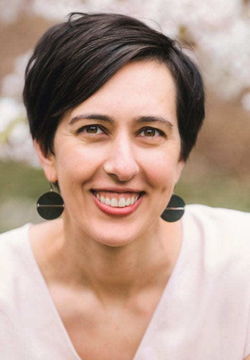The Contracting State: How Infrastructure Failed to Develop Latin America

Infrastructure is at the heart of contemporary development strategies. Yet short time horizons are thought to impede infrastructure provision in democracies. Why do elected politicians invest in infrastructure projects that will not be completed during their time in office? The answer depends on understanding what infrastructure is and does in politics. I argue that the political rewards from infrastructure projects come from the associated contracts. Like many goods and services, infrastructure investments are neither fully privatized, in the sense of transferring ownership to the private sector, nor fully public, in that the state directly builds projects. Governments instead contract out to the private sector. Politicians use their discretion in the contracting process to secure campaign donations, as well as personal rents. They also manipulate contracts—and particularly the use of public-private partnerships (PPPs)— to hide project costs, shift liabilities to future administrations, and move project decisions away from legislatures. Detailed evidence from 1,000 large infrastructure contracts, judicial investigations and leaked financial documents, and qualitative interviews with politicians and bureaucrats in Latin America demonstrate why politicians invest in infrastructure and why projects often fail to produce the economic development and social welfare gains promised.
Alisha C. Holland studies the comparative political economy of development with a focus on Latin America. Her first book, Forbearance as Redistribution: The Politics of Informal Welfare in Latin America (Cambridge University Press, 2017), examines the politics of law enforcement against the poor. She is working on a new book on the institutional determinants and challenges of infrastructure investment in Latin America. Prior to joining the faculty, she was an assistant professor in the Politics Department at Princeton University and a junior fellow at the Harvard Society of Fellows.